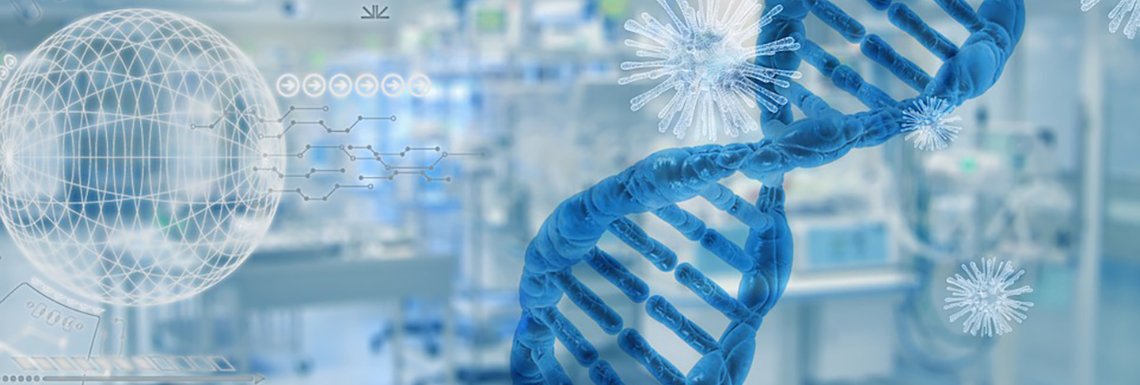Practical notes of beREADY test

Handling of personal data
General questions about beREADY test
Does the beREADY test guarantee a pregnancy?
What kind of sample is needed for the test?
Does re-sampling cost?
How quickly do I receive results?
My personal WOI is significantly shifted. What next?
What are the marker genes that beREADY test analyses?

I don’t see a clinic near my home? Where can I take the test?
How is my personal health data protected?
What is the scientific evidence behind the beREADY test?
Our researchers have published several peer-revewed articles. The articles demonstrate the technology behind beREADY analysis, selection of the biomarkers and data analysis:
Saare et al., A molecular tool for menstrual cycle phase dating in endometriosis transcriptomic studies. 2019, Biology of Reproduction, PubMed ID 31004479. Link to original study
Teder et al., TAC-seq: targeted DNA and RNA sequencing for precise biomarker molecule counting. 2018, npj Genomic Medicine, PubMed ID 30588329. Link to original study
Suhorutshenko et al., Endometrial receptivity revisited: endometrial transcriptome adjusted for tissue cellular heterogeneity. 2018, Human Reproduction, PubMed ID 30295736. Link to original study
Altmäe et al., Meta-signature of human endometrial receptivity: a meta-analysis and validation study of transcriptomic biomarkers. 2017, Scientific Reports, PubMed ID 28855728. Link to original study
Krjutškov et al., Single-cell transcriptome analysis of endometrial tissue. 2016, Human Reproduction, PubMed ID 26874359. Link to original study
